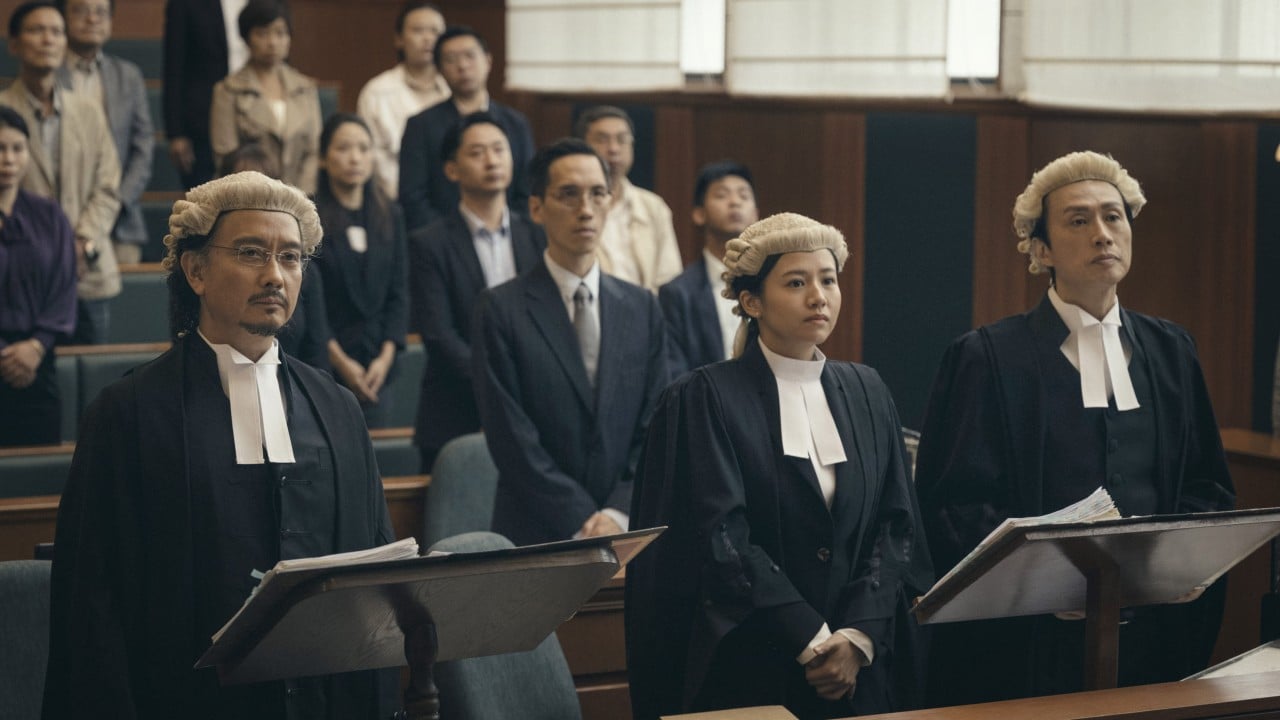At the heart of any fair trial lies an independent court, which determines cases on the basis of only the law and the evidence, and is not swayed by the identity of the litigants before it.
Advertisement
Whether a litigant is rich or poor, whether they are an ordinary citizen or the state, the law binds all in the same way.
What is also of prime importance is the right to legal advice and representation. This is constitutionally guaranteed by the Basic Law under Article 35.
As explained in a previous Legal Tales column written by Eugene Yim, barristers abide by the “cab rank rule”. This ensures that, subject to some exceptions, barristers have a professional obligation to represent clients irrespective of whether they approve of their clients’ conduct or views.
The purpose is to ensure that the courts are properly assisted in the discharge of their duty. Not only can defendants in criminal cases instruct barristers, the government can also instruct counsel on fiat, i.e. barristers in private practice who lead the prosecution in any given case.
Advertisement
One such example can be seen in the top-grossing film A Guilty Conscience, in which the character Kam Yuen-shan (played by actor Tse Kwan-ho) is a barrister engaged by the Department of Justice to prosecute a murder.
Litigants are entitled to instruct lawyers who are qualified to practise generally in Hong Kong. As of now, there are 1,779 practising barristers in Hong Kong, including 109 senior counsel, who are sometimes referred to as “silks”.

